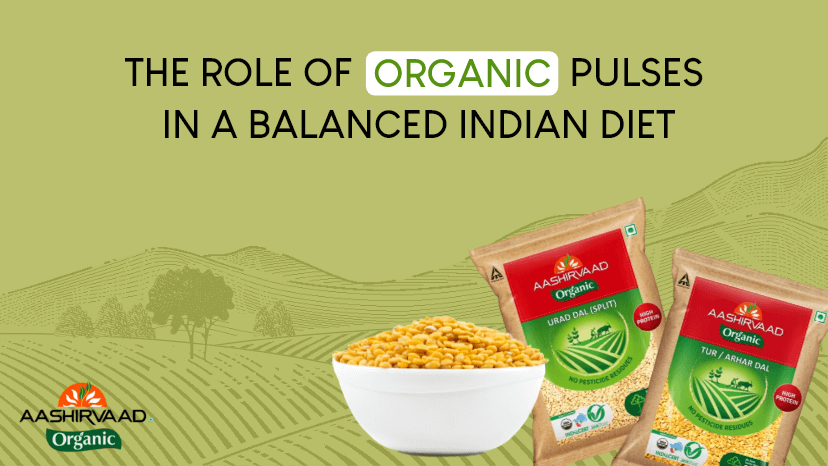The surge in popularity of organic foods in recent years has left many intrigued but also puzzled by the myths and truths surrounding them. In this article, we’ll sift through the top 3 misconceptions about organic foods and provide you with evidence-based insights.
Myth #1: Organic foods are inherently healthier
Reality: Organic foods are produced without chemical pesticides and hormones, making them a safer choice. However, scientific research has yet to confirm that they are nutritionally superior to their non-organic counterparts. The merits of organic farming lie elsewhere, such as promoting biodiversity and reducing environmental harm, rather than solely in nutritional content.
Myth #2: Organic foods are safer
Reality: This myth holds true. Organic farming avoids the use of harmful chemicals like pesticides and herbicides, reducing the likelihood of harmful residues in the produce. For example, at Aashirvaad Organic, we use our own vermicompost and extract from neem leaves as pesticides to ensure our products are authentically organic from farm to pack. Each batch of our produce is also rigorously tested for 217 chemicals and pesticides, ensuring that what reaches your home is 100% pesticide-free.
Myth #3: Organic farming is better for the environment
Reality: Absolutely true! Organic farming practices prioritize environmental sustainability. They protect soil health, minimize water usage, and eliminate harmful chemicals from the soil and the produce. Good for not only you but also the world around you!
In conclusion, choosing organic can contribute to a healthier and more sustainable lifestyle. However, the decision ultimately rests with you. Research and budget considerations should guide your choice. Remember, what truly matters is ensuring you eat well, while also caring for the environment. If you’re exploring the world of organics, you’re already on the right path. Begin your journey today by experimenting with Aashirvaad Organic Whole Wheat Atta.
 5m read time
5m read time 







